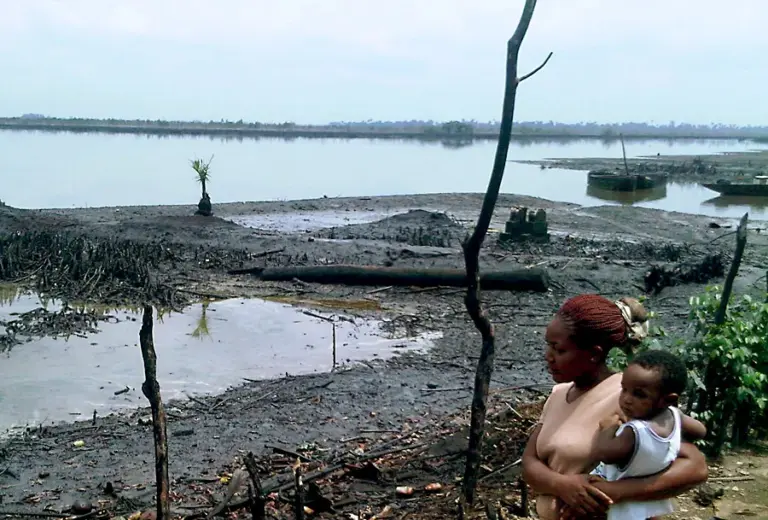A group of United Nations human rights experts has sounded the alarm over recent oil asset sales in Nigeria, cautioning that the divestments by international energy giants risk deepening environmental harm and undermining ongoing cleanup efforts in the Niger Delta.
In letters published on the UN’s website, the mandate holders expressed concerns that companies including Shell, Eni, ExxonMobil, and TotalEnergies transferred oil fields and infrastructure to local buyers “without transparency” and outside a human rights-based framework. The correspondence was also sent to the governments of Nigeria, the United States, the United Kingdom, France, Italy, and the Netherlands, underscoring the global dimension of the issue.
According to the experts, the divestments leave behind a legacy of pollution while shifting responsibility to firms with limited capacity to manage the immense environmental and social costs. The Niger Delta has endured decades of oil spills that have devastated farmlands, contaminated water sources, and left communities grappling with chronic health impacts. Cleanup in just one of the nine affected states is estimated at $12 billion.
One controversial transaction involved the sale of Shell’s Nigerian subsidiary to the Renaissance Group, a consortium led by former Shell employees. The deal initially drew resistance from Nigerian regulators, who questioned the new owners’ ability to shoulder the environmental liabilities.
The UN letters highlight that oil majors cannot absolve themselves of accountability simply by divesting, stressing their “continuing responsibility” for historic pollution. They argue that the sales contravene international legal obligations by failing to ensure remediation funds and adequate safeguards are in place.
The intervention comes as Niger Delta communities intensify legal battles for justice. Groups such as the Billie, Ogale, and Bodo communities have filed lawsuits against oil multinationals, seeking compensation and comprehensive cleanup.
Sophie Marjanac, Director of Legal Strategy at the Polluter Pays Project, said the UN’s move strengthens these community-led cases. “For decades, the people of the Niger Delta have lived with toxic contamination and the loss of their livelihoods. The UN’s position makes it clear that oil companies remain legally obliged to repair the human rights harms they caused,” she noted.
Marjanac also called for greater government oversight, warning that the asset transfers should never have been approved without detailed remediation plans. “Now that the sales have gone ahead, both the Nigerian authorities and the governments where these firms are headquartered must step in to ensure proper due diligence and adequate funding for cleanup,” she added.
Despite being given 60 days to respond, only Eni has replied to the UN experts as of August 31, and its submission has not been made public.
The letters—issued jointly by the Working Group on Business and Human Rights alongside six UN Special Rapporteurs—mark an unprecedented step in international scrutiny of Nigeria’s oil sector. They also lend momentum to calls for a transition towards an energy future where polluters are held accountable for past and present damage.
The Polluter Pays Project, which has been supporting affected communities, continues to advocate for systemic reforms that ensure multinational corporations do not walk away from their environmental legacies.


